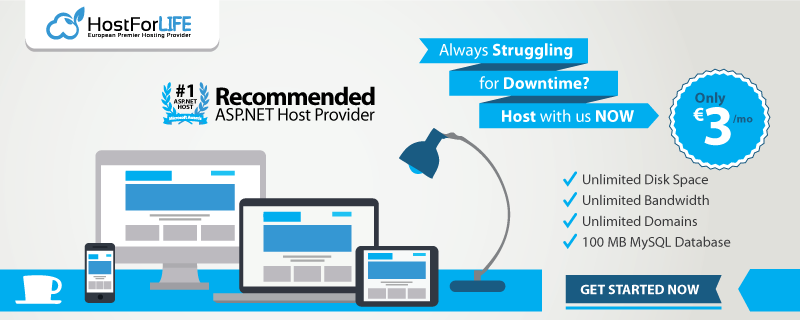High quality web hosting services are the cornerstone of most thriving big and small businesses with an online presence. Web hosting is a service that allows your business to post a website or webpage to the internet to market your products/services to your target market and generate leads. Minimal downtime, seamless performance, and fast loading are some of the benefits you get from the best web hosting services. As you search the market for the right web hosting services provider, you will come across two major choices – traditional web hosting and cloud web hosting. Cloud web hosting is a relatively new platform that offers a full gamut of services for both budding and existing businesses. To help you get a clear picture when choosing web hosting services this blog post makes a comparison between Cloud Web Hosting vs Traditional Web Hosting.
Interesting Facts Between Cloud Hosting and Traditional Hosting
Traditional Web Hosting
- Hardware: In traditional web hosting, organizations have their own servers, backups, recovery processes, and connectivity. Setting up a complete IT infrastructure represents huge initial costs for organizations, but gives them additional control and validation.
- Shared Resources: The in-house servers are devoted to a particular organization or for a single purpose. This gives organizations the freedom to deploy tailored features and security measures.
- Scalability: Whenever traffic on a website exceeds the projected expectations, or there is a need to upscale server due to frequent intensive computing tasks – Organizations need to purchase extra space on the server and larger bandwidth along with more in-house IT skills, and these add to the cost.
- Extended Deployment Time: In traditional web hosting, deployment takes time. Organizations need time and money to set up servers, load software, connectivity, and other such infrastructure requirements according to their need.
- Large Setup Costs: Setting up a dedicated local server, employing in-house IT personnel, paying fixed fees to purchase particular bandwidth and space on a host server, and hosting costs, usually add up to a large amount.
- Environmental Downsides: There is a lot of energy consumption in traditional web hosting, which, in turn, adds up to the organisation’s energy bills. It also increases direct and indirect carbon emissions.
Cloud Web Hosting
- Pay as You Go: Cloud hosting allows providers to charge users only for resources consumed, rather than a flat fee for the amount of data that the customer projects they will use.
- Dedicated Support: The latest cloud computing technology ensures that your resources are dedicated to you and not shared by others. This includes RAM and CPU, according to the plan you choose.
- Negligible Startup Cost: In cloud web hosting, infrastructure is typically provided by a third party and need not be purchased. Also, less in-house IT skills are required for the implementation of projects that use cloud computing.
- Shared Resources: If other users overload their cloud servers, this will have no impact on your server because resources are dedicated. Cloud servers don’t suffer from hardware problems, and the shutdown of one server will make no difference to the performance of your website, as the other servers in the cloud network will automatically take over.
- Easy Scalability: In this regard, we should mention that cloud servers scale very well. It is very easy and fast to add upgrades (CPU, Memory, disk space) to a cloud server.
